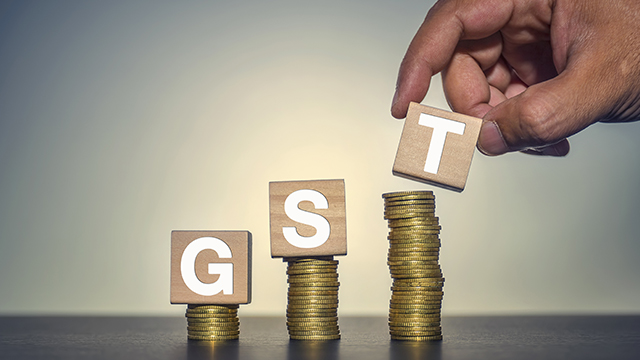Insurance Premiums set to go up Under GST Regime

What Does the GST Mean for Mumbai?
For the middle class in Mumbai, an immediate impact of GST would be the higher premium outgo due to the increase in the rate of tax on insurance following the implementation of the Goods and Services Tax. For families that own a car and pay for health and term insurance the increase in annual outgo would be close to Rs 1,000.
“The immediate impact will be an increase in the tax from 15% to 18% which will have to be borne by customers,” said Tapan Singhel, MD, Bajaj Allianz General Insurance. He added that going forward companies will work out if there is any positive impact of a tax credit. If there is a positive impact this will result in the premium coming down while the tax rate will remain.
However, for non-life companies, the issue is getting advantage of an input tax credit. Under the service tax regime insurance has been among the list of businesses for which input tax credit is not available. As it stands, the GST regime continues to exempt insurance from the benefits of an input tax credit.
“The government has continued with the existing exemptions under the GST regime. When there are exemptions the entire value chain of credit gets lost,” Gopal Balachandran, chief financial officer, ICICI Lombard. As a result, the incidence of higher taxes will fall on the customer.
Life insurers say that input tax credit advantage will vary according to the level of maturity of a company and the benefits can be calculated only after a period of time.
Also, while taxes can be passed on any revision in charges will require approval from the regulator.
Given the increase in the cost of health cover, the premium on mediclaim policies has soared with families spending Rs 20 to Rs 25,000 on health insurance alone. The outgo will now rise by 3%. There will be a similar increase in the premium on auto insurance.

